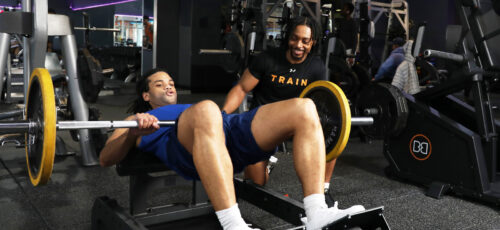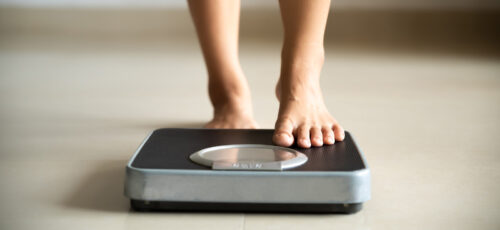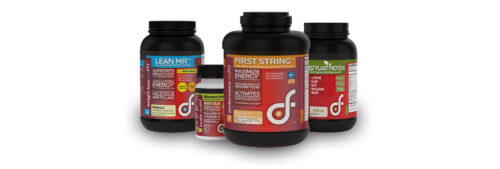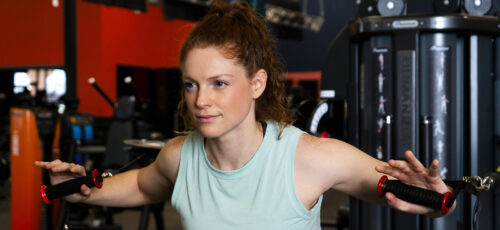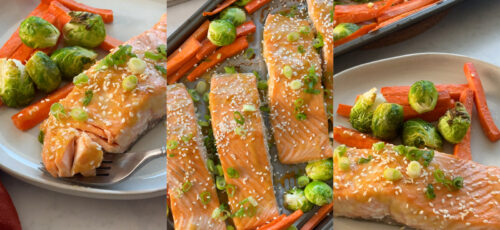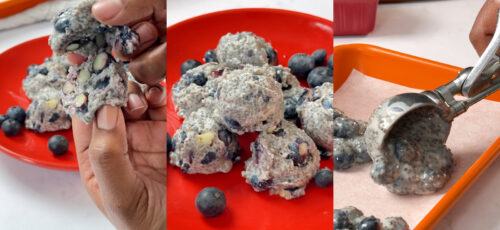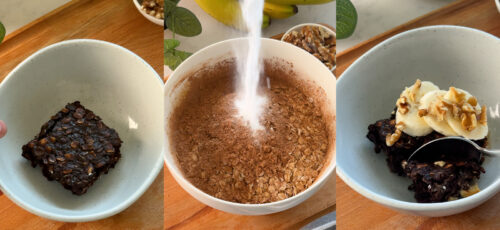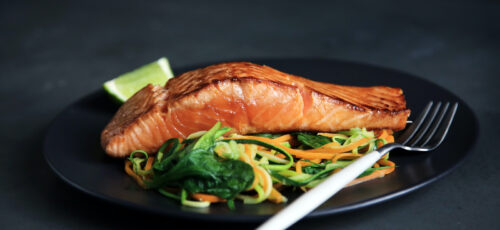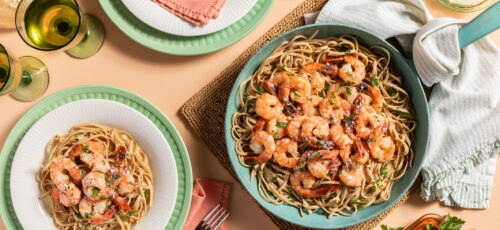
Can I lose weight without exercise? You’re not alone if you’ve ever wondered this. Life gets busy, physical activity isn’t always an option, or maybe you don’t enjoy hitting the gym, and that’s okay.
The thing is, you can lose weight without exercise, but how you eat becomes even more important for weight management and your overall health.
At its simplest, weight loss is about calories in versus calories out. If you eat fewer calories than your body burns, you’ll shed pounds, but that shouldn’t mean starving yourself or falling for fad diets that promise rapid weight loss.
Extreme plans often backfire, leading to weight gain and other health risks. Instead, focus on realistic and sustainable ways to lose weight through smart eating habits.
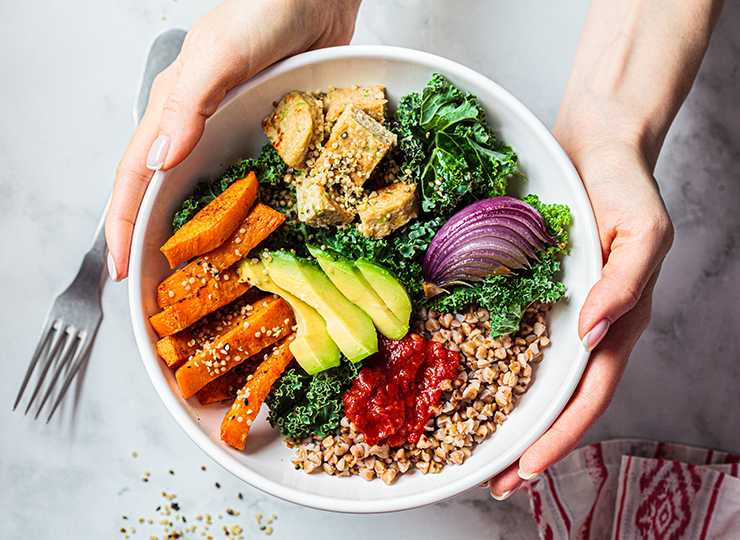
Start with a balanced diet plan: fill your plate with whole grains, lean protein, healthy fats like olive oil, and lots of vegetables. Ditch added sugar and processed foods high in calories but low in nutrients. Simple swaps such as trading white bread and pasta for whole grains, as well as watching portion sizes, help cut extra calories without feeling deprived.
Remember, every bite counts. Unlike exercise, you can’t “accidentally” eat well; it takes intention and consistency. The payoff? A healthy weight, better energy, and fewer health concerns over time.
If you’re ready to lose weight without exercise, stay tuned. We’re about to share practical tips to help with your weight loss journey; no burpees required.
10 Easy Ways to Lose Weight Without Exercise, According to Science
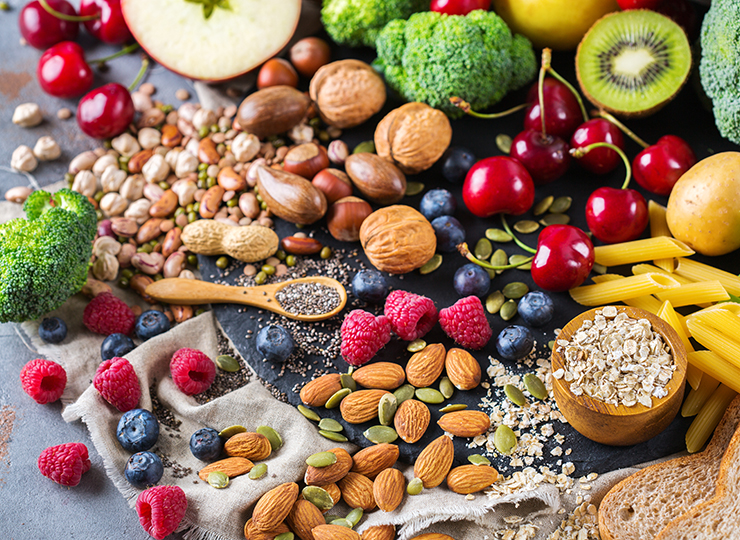
Let’s explain some science-backed ways to shed extra weight safely without spending hours at the gym.
1. Review Your Portions: Every Meal Counts
Portion control is your secret weapon for weight loss, especially when you’re not burning extra calories through physical activity. At home, use smaller plates and bowls — this simple trick can help you feel satisfied while eating fewer calories.
Visual cues work wonders: use your clenched fist as a guide for carbs like rice or pasta (around one cup), your palm for protein (about four ounces of chicken or fish), and two tablespoons of healthy fats like olive oil or avocado. Then, fill the rest of your plate with colorful vegetables for fiber and nutrients.
Dining out? Plan. Restaurant portions can be enormous; splitting a dish, ordering an appetizer and salad instead of a full entrée, or boxing up half your meal before you dig in helps you stick to your weight loss goals. Small choices like these add up and help prevent taking in more calories than your body needs.
2. Don’t Skip Meals
It might seem logical: skip meals, eat less food, lose weight. But in reality, skipping meals can sabotage your weight loss journey. Why? When you don’t fuel your body regularly, you’re more likely to feel ravenous later and reach for high-calorie snacks or overeat at your next meal.
Registered dietitian Alex Evink says it perfectly: focusing on balanced meals throughout the day helps you manage your appetite, maintain steady energy levels, and avoid mindless snacking. For most people, three meals with reasonable portion sizes is the sweet spot for long-term weight management.
3. Fiber Is Your Friend
Want to feel full and satisfied without piling on extra calories? Add more fiber to your diet plan. Fiber-rich foods like whole grains, beans, vegetables, and fruits expand in your stomach, helping you feel fuller longer. Moreover, fiber supports good gut bacteria, which may help regulate hormones that tell your brain you’re satisfied — an often-overlooked benefit for weight loss.
Aim for at least 25 grams of fiber daily. It’s not just good for your weight; it’s great for your digestion and overall health, too. Think hearty lentil soup, a handful of almonds, whole-grain toast, or a big veggie salad – all simple ways to boost your fiber intake naturally.
4. Prioritize Protein: Stay Satisfied Longer
If you’re trying to lose weight without exercise, eating enough protein is key. Protein helps manage your appetite by increasing the levels of satiety hormones. It also takes more energy for your body to digest, so you naturally burn more calories just processing it — win-win!
Aim for about 20 grams of protein at each meal. Lean options, such as eggs, chicken, turkey, fish, Greek yogurt, or cottage cheese, are all solid choices. Protein also helps preserve muscle mass, which supports a healthy metabolism even when you’re not hitting the gym.
You can also read our article: The Value of Protein
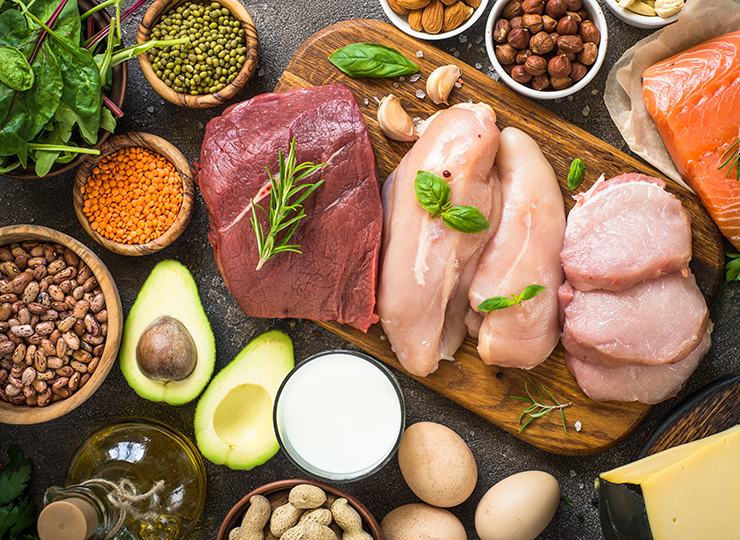
5. Don’t Fear Healthy Fats
Healthy fats can be a weight loss ally, not an enemy. They keep you full and satisfied, preventing energy dips that lead to sugar cravings. Try adding extra-virgin olive oil to your salad, sliced avocado on toast, or a sprinkle of nuts or seeds to your yogurt.
Stick to fats from whole foods like nuts, seeds, avocados, and oily fish like salmon. Just remember: fats are calorie-dense, so be mindful of portion size; a drizzle or handful goes a long way.
6. Balance Your Carbs: Don’t Ban Them!
Carbs get a bad rap, but you don’t need to go keto to lose weight without exercise. It’s about balance. Choose complex carbs like whole grains, sweet potatoes, legumes, and plenty of veggies instead of processed white bread and sugary snacks.
Balanced meals that include carbs, protein, and fat help keep your blood sugar steady and curb cravings. The Dietary Guidelines for Americans recommend that 45–65% of your daily calories come from carbohydrates; the key is to pick quality sources and watch your portion sizes.
7. Sleep More, Stress Less
Your sleep habits have a huge impact on your body weight. Poor sleep throws your hunger hormones out of whack, leading to late-night snacking and larger portion sizes the next day. Studies show that people who sleep less than six hours a night are more likely to gain weight than those who get seven to nine hours of sleep.
To support weight loss, prioritize sleep. Set a consistent bedtime, create a relaxing evening routine, and put your screens away an hour before bed; your waistline will thank you.
You can also read our article: How to Lose Weight Safely & Keep it Off: Diets, Exercise, Sleep & More
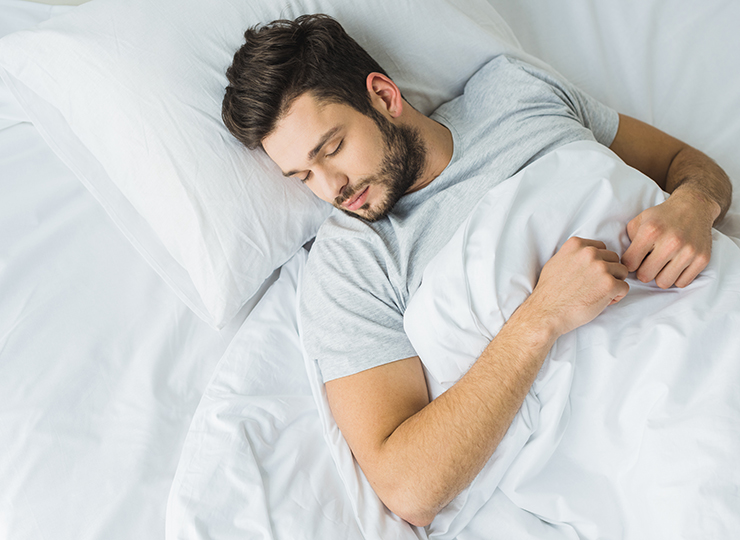
8. Hydrate to Avoid “Fake Hunger”
Sometimes, when you feel hungry, your body is asking for water. Staying hydrated can help you eat less and feel more energized throughout the day. Research even shows that drinking water before meals can help people lose weight without exercise — by naturally reducing the number of calories they consume.
Keep a reusable water bottle with you, sip herbal tea, or add lemon or lime slices for a boost of flavor. And yes, water can help reduce water weight by flushing out excess sodium that contributes to bloating.
9. Cut Added Sugar: It Sneaks In Everywhere
Added sugar is sneaky. t shows up in foods you wouldn’t expect, like salad dressings, sauces, and “healthy” snack bars. Too much sugar can add extra calories with zero nutrients, stalling your weight loss efforts and increasing your risk of obesity and heart disease.
Scan labels for hidden sugar sources, limit sugary drinks like soda or fancy coffee drinks and opt for naturally sweet foods like fruit instead of sweets. This simple switch can make a significant difference in your health and support your weight management goals.
10. Eat More Mindfully: Slow Down
Finally, take a breath — literally. Eating mindfully is a powerful tool for weight loss. When you eat too quickly or while distracted (such as scrolling through your phone), your brain doesn’t receive the signal that you’re full until after you’ve overeaten.
Practice slowing down. Chew your food thoroughly, savor each bite, and notice the flavors and textures. Put your fork down between bites. Studies show mindful eating can lead to weight loss and help you develop a better relationship with food over time.
How Many Pounds Can You Lose Without Exercising?

One of the most common questions people have when starting their weight loss journey is: “How much weight can I lose if I don’t exercise?” The answer isn’t the same for everyone, but here’s what you should know to set realistic expectations.
Remember that weight loss without exercise depends almost entirely on your nutrition and daily habits. While skipping the gym might seem like a shortcut, your body still needs a calorie deficit to shed pounds. This means you’ll need to be extra mindful of your eating habits, including portion control, balanced meals, and healthy swaps, as they really matter when physical activity isn’t in the mix.
The movement still plays a crucial role in your overall health. Even simple daily activities, such as walking the dog, taking the stairs, or gardening, help your body burn extra calories and boost your mood. Additionally, they’re great for your heart, metabolism, and stress management. So, don’t rule out gentle physical activity completely; it can support your weight loss efforts and make you feel better, inside and out.
How to Lose 10 Pounds in a Month
You’ve probably seen big promises online about losing 20 pounds in just a few weeks. But is it realistic or safe to drop that much weight in just a month without exercising? In most cases, probably not.
Losing more than one to two pounds per week can be too aggressive and may require extreme calorie restriction. This often backfires by slowing your metabolism and increasing the risk of regaining the weight later on. However, trying to drop 20 pounds quickly without exercise could mean losing valuable muscle mass, which your body needs for long-term weight management.
Creating balanced eating habits and moving your body in ways you enjoy is crucial for achieving sustainable results.
You can also read our article: How to Lose 10 Pounds in a Month: Effective Tips for Safe Weight Loss
When Should You Talk to a Doctor?
If you’ve been doing everything right —eating mindfully, practicing portion control, cutting back on added sugar, and staying hydrated — but still aren’t seeing the scale move, it may be time to check in with your doctor.
Health conditions like thyroid disorders, polycystic ovary syndrome (PCOS), insulin resistance, or certain medications can make it harder to lose weight, even if you’re doing your best. Consulting with a healthcare provider can help you identify underlying issues, develop a realistic weight loss plan, and find a balanced approach that suits your body and lifestyle.
Losing weight without exercise is possible, but the healthiest path always combines good nutrition, smart habits, and movement that fits your life. Be patient with yourself, and remember: slow and steady progress does win the race.
Join Us!
Crunch promotes a culture of positivity, inclusivity, and fun with no judgments by providing an environment for all individuals regardless of their health and fitness goals. Find a Crunch gym near you to try our free trial membership, or join Crunch now. We’re here for you – at the gym or at home. Access the best live & on-demand workouts anytime, anywhere with Crunch+. Ready to get sweaty? Try hundreds of workouts for free! Start your free trial now!











